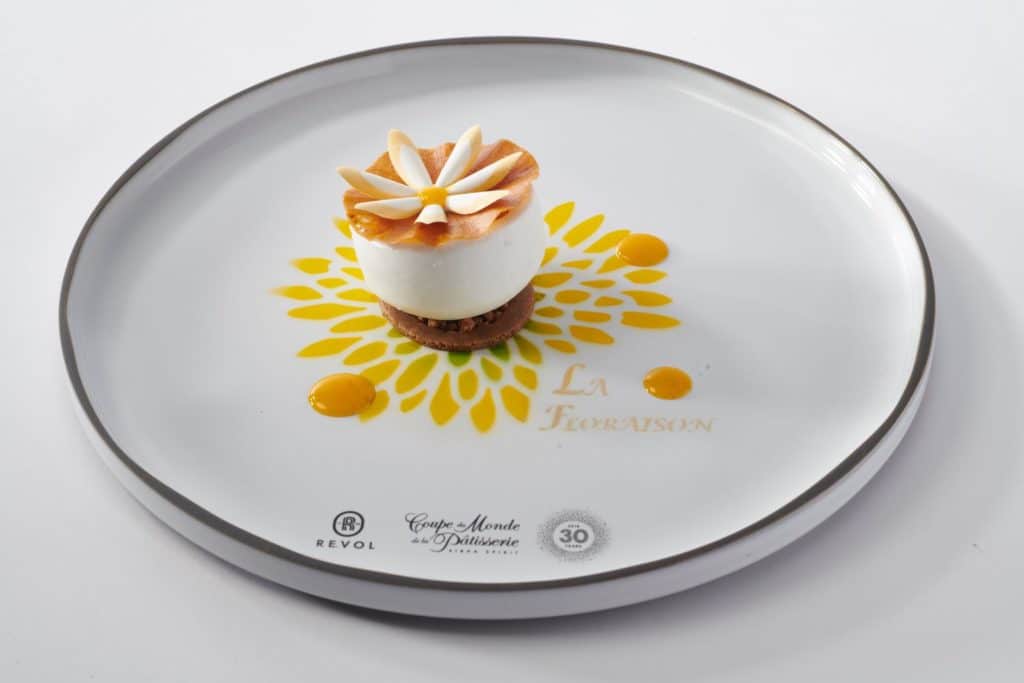Food influences
For Sirha, Food Service Vision has identified the seven major influences that will impact the catering industry over the next three years:
Naturally good: more natural and healthy offerings
Flexitarianism: a new relationship with animals in food
Responsible: putting the planet first
Locavorism: proximity, origin, terroir… a return to the roots
Globalisation: discovering flavours from elsewhere
Emotional places: the experience sublimated in the places and on the plate
Practicality: solutions to make life easier for Chefs and guests
The customer is looking for authenticity and new flavours, good and healthy… all at the same time. The trends are thus linked to each other.
There is strong growth, particularly in flexitarianism and locavorism. There has been a trend towards the consumption of plant-based products in recent years, with strong consumer demand and a market supply that is becoming more and more responsive.
Novelties at Sirha
New projects were launched at Sirha 2019. Like “Natural Cooking” by Alexandra Beauvais, which offers organic and gluten-free cooking, including practical recipes with plant-based options. As good and healthy as it is easy to make.
The Capfruit brand, an official partner of Sirha, is committed to an eco-responsible approach that favours quality control. A specialist in fruit purees, the company recently launched a range of sorbets certified by Eve Vegan.
As for Délifrance, after launching the first range of croissants with oats and quinoa two years ago, it is now the turn of croissants with blueberry, citrus and lemon-ginger fillings to join the plant-based range.
The major innovation prizes awarded at Sirha 2019 also highlighted natural, healthy and plant-based products. This is the case of the organic green banana flour proposed by Agro Sourcing, and the legume soup from Hari&Co.
Also, for the first time, the Sirha hosted a plant-based culinary demonstration around chocolate, with the participation of Chef Claire Vallée from the organic and plant-based ONA Restaurant.
In general, veganism was very present and much more so than two years ago, whether in the themes of the round tables, the culinary demonstrations or on the exhibitors’ stands. There was a clear openness to plant-based food, with a more assertive discourse, even if the subject still does not appeal to everyone.
The plant-based dessert of the Pastry World Cup
For its 30th anniversary, the Pastry World Cup wanted to challenge the technical and creative talent of the candidates by proposing to the pastry Chefs the creation of a 100% plant-based dessert.
Daring creations, highly technical visuals, differences in texture, architectural balance of the compositions, etc. The teams proposed desserts with unusual and original looks. In particular, Argentina took the gamble of reproducing an animal element (the egg) on its plant-based dessert, to recall the association of elements in nature.

Others preferred creations based on fruit and sorbet, such as Sweden’s “Vegan way of life” with red fruit.

The use of aquafaba (chickpea cooking water) was praised by the Chefs on the committee as a nod to the fight against food waste.
Throughout the competition, the evocative names of the plant-based desserts sounded like a return to nature: “light in the forest”, “flower of the abyss”, “the cycle of life”, “a gift from nature”… With this challenge, the competition wanted to respond to the current concerns of the catering industry, and encourage professionals to question new consumption patterns.
Malaysia won the competition with a plant-based dessert based on flowers, followed by Japan and Italy.
Plants are not just a fashion statement
For Michaël Bartocetti (Pastry Chef at the Shangri-La and member of the committee), working on plant-based desserts is not more complicated. It’s a matter of having a good knowledge of the technology of the products, finding tricks and reconstructing the recipes in a different way, so that they are beautiful and elegant. Moreover, the use of vegetables is not new in pastry-making, just a logical continuation.
Today, the use of vegetables is more than just a fashionable trend and seriously challenges traditional pastry-making. It represents an opportunity to push back the limits of Chefs who must listen to the expectations of the customer.
By focusing the attention of professionals on the plant world, Sirha 2019 marked a new turning point in gastronomy. We are witnessing a clear increase in awareness, which is reflected in a more responsible notion of cooking and a questioning of the “modern natural”.
Preserving flavours, transcending taste… Vegetables are ready to play the game and find their full potential when we look at them together in a different way.





